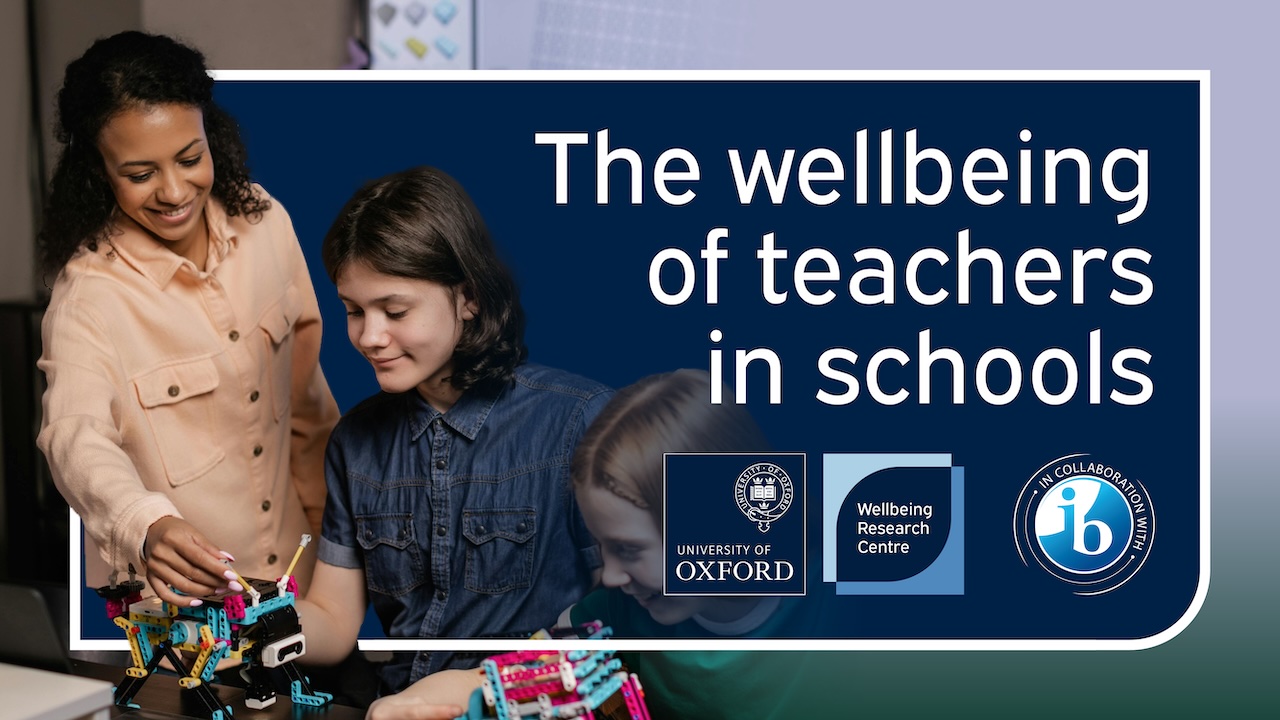Wanying Zhou, Dan Jiang, Ros McLellan, Hanxin Qian, and Honglie Wu
Abstract
Prior research has not yet to establish a clear understanding of the relationship between hedonic wellbeing (HWB) and eudaimonic wellbeing (EWB), particularly how they manifest within individuals. Moreover, it remains unclear whether HWB and EWB operate similarly across different cultural contexts. This study applies Latent Profile Analysis (LPA) to identify distinct wellbeing profiles among 1,283 residents (51.1% male) in a major coastal and capital city in China, spanning all ten districts. Five wellbeing profiles emerged: extremely low EWB, extremely low HWB, slightly low WB, slightly high WB, and extremely high WB. Notably, unlike findings from Western studies, no divergent wellbeing profiles—such as high HWB combined with low EWB, or vice versa—were observed in the Chinese sample. Multinomial logistic regression further revealed that homeownership was one of the strongest predictors of wellbeing, even after controlling for income. These findings contribute to the ongoing debate on the HWB-EWB relationship and suggest that cultural, cognitive, and linguistic differences may shape how individuals conceptualize and internalize wellbeing. This study offers valuable insights for policymakers and researchers seeking to promote wellbeing in a holistic manner, emphasizing the need to consider social and cultural contexts when evaluating wellbeing frameworks.
